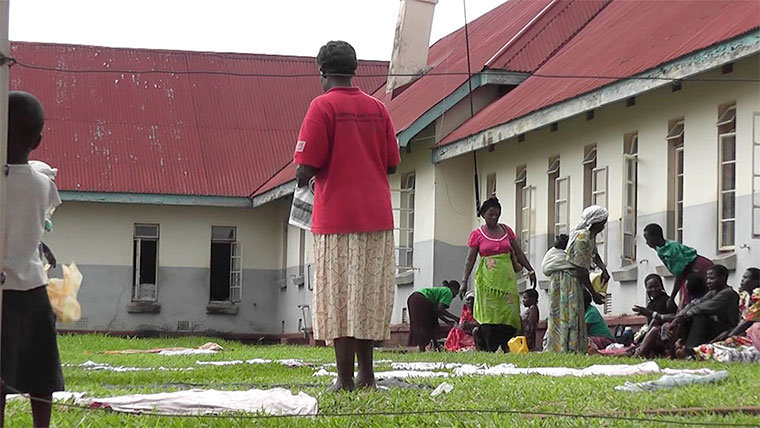In a groundbreaking study conducted by the Makerere University Research and Innovation Fund, the government has been criticized for its failure to effectively educate the public about the numerous benefits of the Covid vaccine prior to its roll-out.
Uganda, like the rest of the world, initiated a countrywide vaccination campaign against the Coronavirus in March 2021.
The campaign offered five different vaccines, including Pfizer, AstraZeneca, Johnson & Johnson, Moderna, and Sinovac, to enhance the immunity of its citizens.
However, the study titled “Multiple Vaccine Roll Out in Uganda: Lessons from Covid-19 to Inform Policy and Better Program Design”, led by the esteemed team of Dr. Allen Kabagenyi, Prof. Peter Waiswa, Ronald Wasswa, Julius Sseninde, and Vincent Kayemba, revealed several obstacles to the multiple vaccine rollout.
Startlingly, the study found that 14% of respondents in Kampala believed the Covid vaccine was unsafe, while a staggering 47% of those in Namayingo believed that vaccination eliminated the possibility of contracting Covid-19 altogether.
Furthermore, 27% of respondents from Adjumani and Kampala expressed the opinion that individuals who had recovered from Covid-19 did not require further vaccination.
The study also shed light on the fact that young adults aged 18 to 30 exhibited the highest level of negative attitudes towards the vaccines, with 27% of them displaying a reluctance to be vaccinated.
Additionally, between 23-25% of respondents with primary and secondary education levels showcased the most negative attitudes.
Unsurprisingly, the study identified Kampala as the region with the highest proportion of individuals harboring negative attitudes towards the Covid vaccines.
One prominent barrier highlighted in the study was the prevalence of misconceptions and myths surrounding the Covid vaccination, which had not been effectively addressed by the government. This resulted in many people refraining from getting vaccinated.
The study also revealed that this misinformation affected the number of individuals returning for their second Covid vaccine dose.
The study emphasized that the widespread belief among many people that Covid-19 is no longer a threat significantly impacted vaccine uptake.
This perception posed a major challenge to the success of the vaccination campaign, as it diminished the population’s willingness to participate in routine vaccine rollouts.
Furthermore, the study pointed out that healthcare providers responsible for administering the vaccines were inadequately prepared for the task. Many lacked sufficient information about the various vaccines, which hindered the acceleration of the multiple vaccine rollout.
The absence of proactive community engagement and health education also contributed to the challenges faced during the rollout. Effective engagement would have dispelled fears, rumors, and misinformation surrounding the vaccines.
Interestingly, the study noted that even some individuals who had received the vaccine still held misconceptions and were hesitant to recommend it to others.
It speculated that this may have been a result of the directive to vaccinate the entire population before lifting the lockdown, without adequate education efforts.
Based on these findings, the study recommended urgent education for both the general public and healthcare providers to ensure a better understanding of future vaccination exercises.
It stressed the importance of tailored messages and information suitable for different population groups, such as gender, education, and residence, to reduce vaccine-related misconceptions and mistrust.
Furthermore, the study proposed a structured and well-planned cascade process for rolling out vaccines, aiming to minimize confusion and build trust within the population.
As Uganda reflects on its vaccine rollout experience, it becomes evident that addressing barriers, dispelling myths, and enhancing education are crucial steps towards successful vaccination campaigns and public health endeavors.
Check also;
- MPs Want Musenero Censored Over Covid 19 Vaccine Funds
- Ebola Vaccine Testing Underway After Green Light From Health Ministry
Please use the button below to contribute to Newslex Point, Inc. using a credit card or via PayPal.

 Newslex Point News in Uganda, Uganda news
Newslex Point News in Uganda, Uganda news












